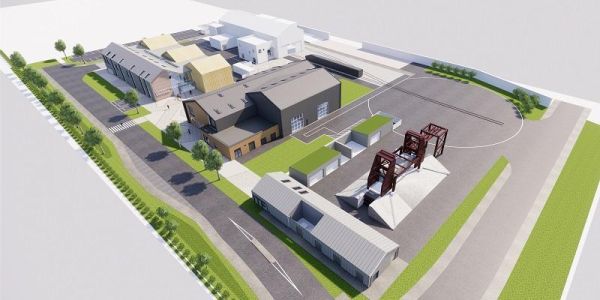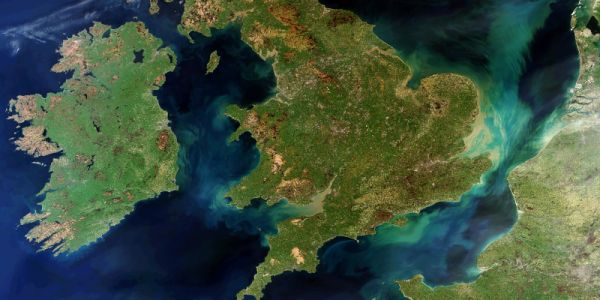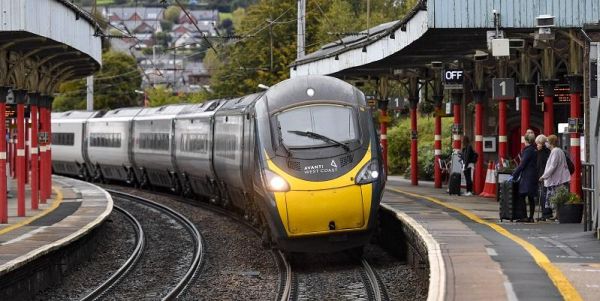
Leeds offers asymptomatic COVID-19 testing for students
The University is offering free and fast asymptomatic coronavirus tests on campus for students who are leaving their university accommodation for the winter break.

The University is offering free and fast asymptomatic coronavirus tests on campus for students who are leaving their university accommodation for the winter break.

Rail industry and civic leaders are urging the Government to accelerate construction of an advanced rail Institute that would provide a “...game-changing opportunity for the UK”.

The University of Leeds has secured part of a new £147 million research initiative to work with developing nations on the world's biggest challenges.

A new policy institute has launched at the University of Leeds - aimed at strengthening the ties between the University’s world-renowned research community and policymakers around the globe.

A leading academic from the University of Leeds has joined an influential panel of experts on the newly-launched Digital Futures Commission.

New technology which helps doctors more accurately diagnose breast cancer has been recognised by the US Food & Drugs Administration (FDA) for its exceptional potential clinical value.

A global coalition of leading climate research universities has urged world leaders to act now to avoid catastrophic environmental consequences.

The University is to help spearhead a national programme of technological revolution backed by the UK Space Agency.

The University has announced a research agreement with the West Coast Partnership, the franchise that runs rail services on the West Coast Main Line and selected as the operator of phase one of HS2.

The benefits of giving chemotherapy before surgery to bowel cancer patients will be further explored in a new £3.4 million trial, one of three awarded regional funding.